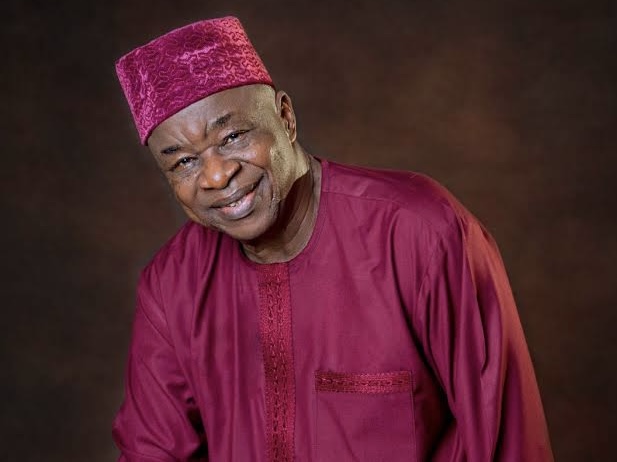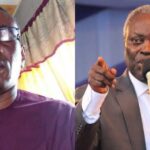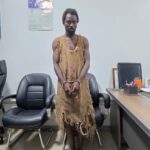Today, as Wale Adenuga turns 75, Nigeria has reason not just to celebrate a man, but to reflect on a creative journey that has shaped how we laugh, how we cry, how we see ourselves on screen. He is more than a veteran producer; he is a storyteller, a cultural architect, and, as he himself puts it, “a pencil in the hand of the Creator.”
Let me take you through his world, from the highs, to the struggles, and the lessons
Early Seeds: A Boy with a Pencil and Big Vision
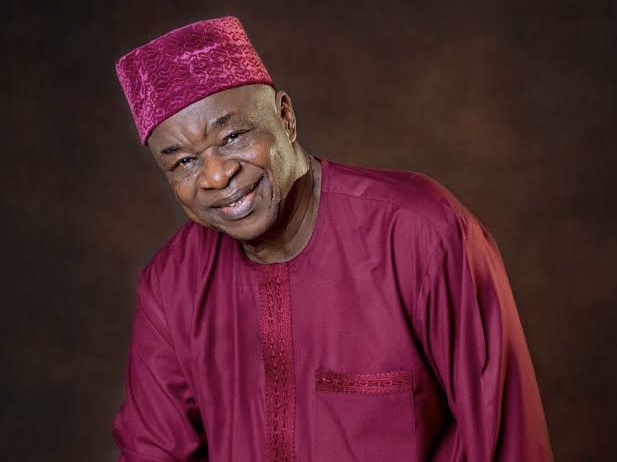
Wale Adenuga was born on 24th September 1950. Though some accounts say his birth in Gbongan came with family complications, his talent was undeniable early on. From childhood, he was drawing, watching theatre, and absorbing stories around him.
He attended Ibadan City Academy for his O-levels, then went on to King’s College, Lagos for his Higher School Certificate. In school, he formed drama groups and musical ensembles, and he continued drawing cartoons for student publications.
It was at University of Lagos, studying Business Administration, that his cartooning deepened. He drew for campus magazines, sharpened his style, and built a reputation as someone whose sketches carried sharper meaning than just jokes.
The Birth of Ikebe Super and Cartoon Kingdoms
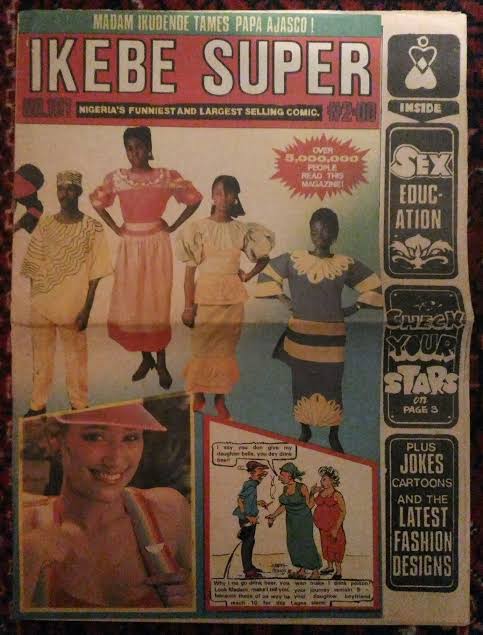
After National Youth Service (NYSC) around 1975, Wale Adenuga launched Ikebe Super. It was a comic magazine that would become his first real claim to national attention. The name “Ikebe”, which is slang for backside, was cheeky, provocative, and instantly memorable.
In those pages, characters like Papa Ajasco (the womanizer), Pa Jimoh, Miss Pepeiye, Boy Alinco, and others brought domestic scenes, moral stories, gossip, social satire, and humour into a language many Nigerians could relate to.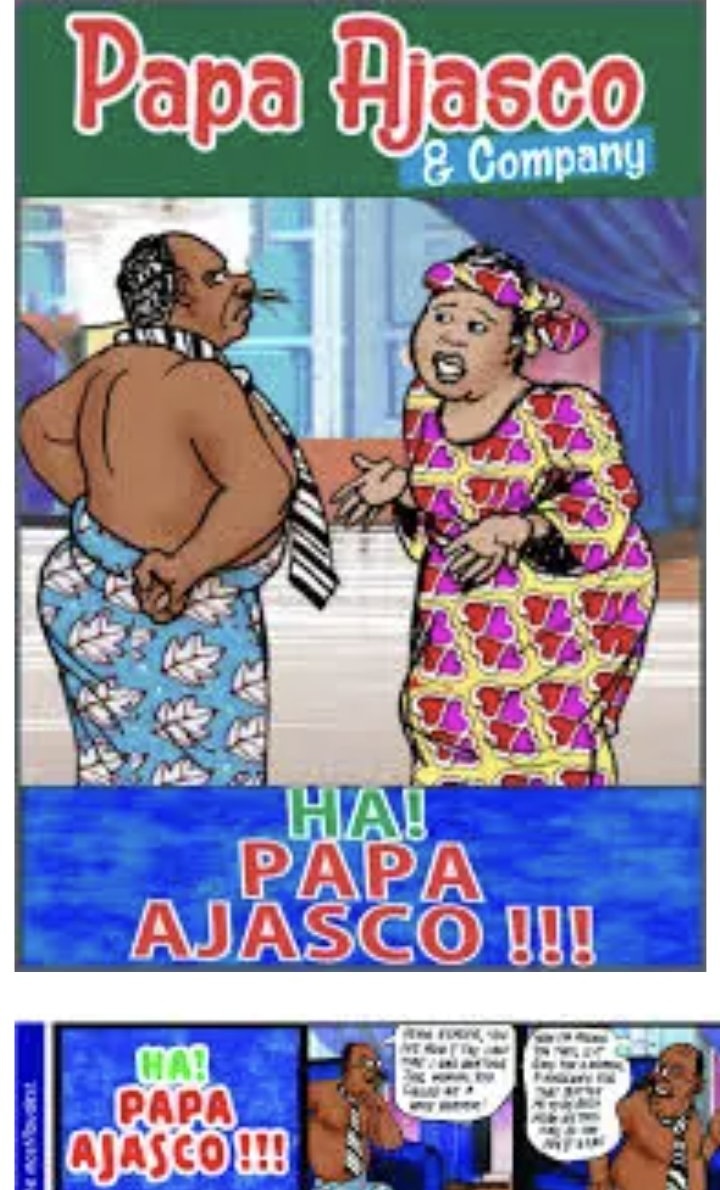
The magazine sales grew slowly then rapidly, reportedly from a small base in Ibadan, then spreading to Lagos and nationwide. But it didn’t come easily. He tells in his biography how he was duped by business partners, had delays in printing, and even political pressure to stifle the comic’s circulation.
This phase turned out vital, as his cartoons built his voice, tested his resolve, and gave him a platform to understand storytelling beyond visuals. He understood the psychology, humour and moral tension.
From Paper to Screen: When Pencil Met Camera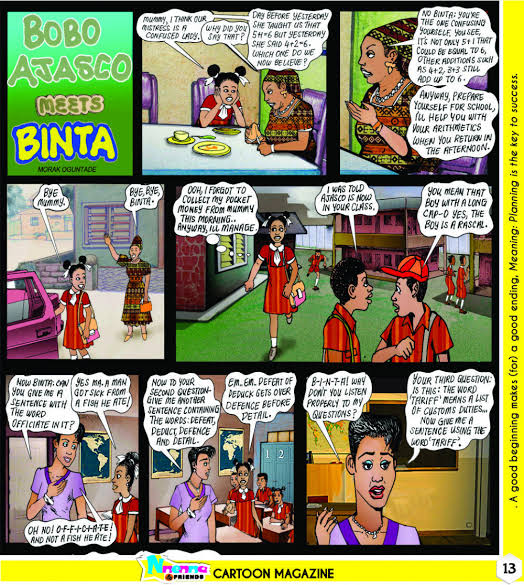
He didn’t stop at paper. Knowing that print had limitations, and audiences’ attention was shifting, Adenuga ventured into film and television.
• In 1983, he produced Papa Ajasco (on celluloid), which many regard as Nigeria’s first English-language comedy film.
• In 1995, he released Binta My Daughter, an adaptation of his comic style into cinematic storytelling.
• By 1997/8, Papa Ajasco as a TV series began airing (under different names like Ajasco & Co.).
• But perhaps his biggest screen achievement is Super Story, which launched in 2001. It’s an anthology drama series: each week a new plot, new characters, but always with real human issues ranging from love to betrayal, family and ambition.
Super Story continues to run on WAP TV and many other channels. Its endurance says a lot: for two decades, Wale Adenuga’s pen (or his team’s pen) still speaks to the Nigerian home.
He once told an interviewer that when he says he is a pencil in the hand of the Creator, he means that his creative work, though held by him, is guided by something higher than himself.
In another interview, he said at age 8 he discovered he could draw without formal training, and that his love for theatre and characters fueled his imagination early.
An Unusual Biography
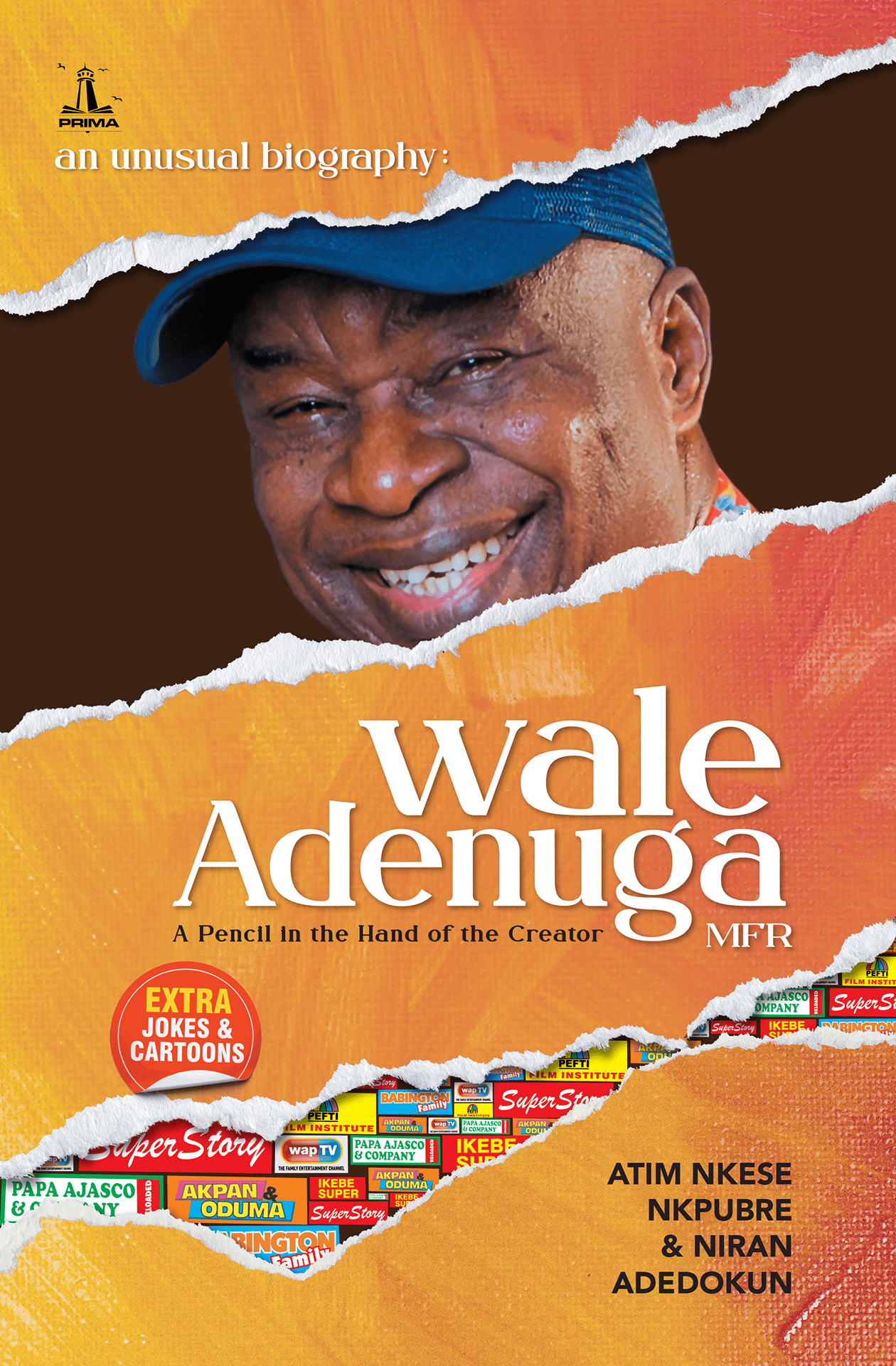
For years, fans and critics asked: who is this man behind the cartoons and dramas? Wale Adenuga gave the answer with his biography, An Unusual Biography: Wale Adenuga MFR; A Pencil in the Hand of the Creator.
Launched on 24th September 2023 (his birthday) at the Nigeria Comedy Awards in Lagos, the book is co-written with Atim Nkese Nkpubre and Niran Adedokun. In his words, “over the years, people have always asked me a wide range of questions about my different works … the best way to share my full story would be to present it in an entertaining, yet concise, manner.” The biography spans over 300 pages, mixing stories, cartoons, jokes, interviews and photos.
The biography doesn’t shy from failures. He had failed partnerships, financial losses, publishing challenges, betrayal by people he trusted. But it also shows resilience.
Institutions, Legacy & Shaping the Next Generation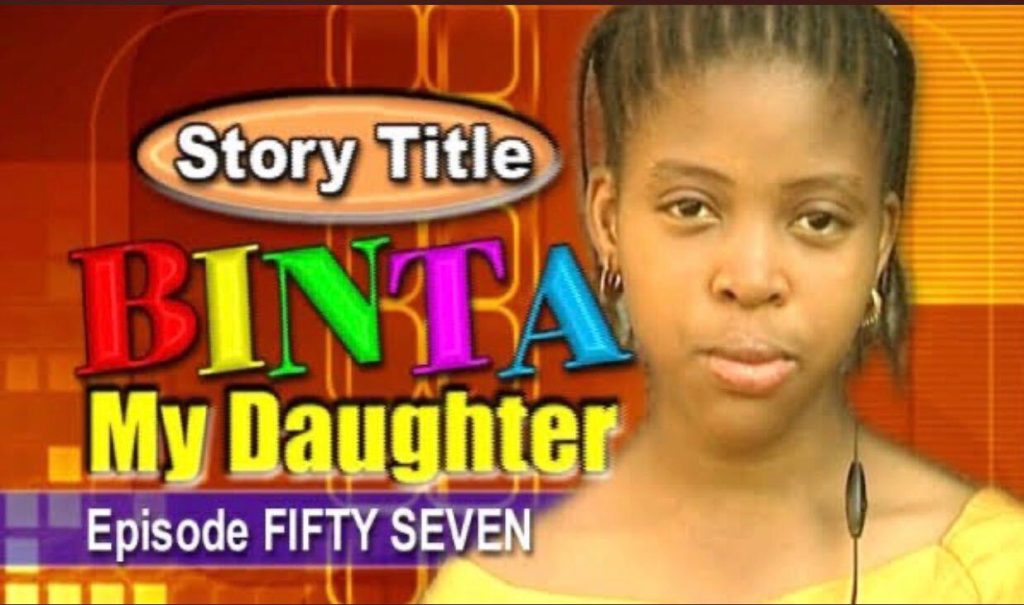
Wale Adenuga didn’t just tell stories. He built platforms to grow storytellers.
Binta International School
Founded in 1994 (primary) and expanded to secondary later, Binta International Schools are in Lagos, with the motto “Excellence and Discipline.” The name “BINTA” even came from one of his screen series. It was retrofitted into the school’s meaning: Best In Nurturing Talents and Academics.
It is not just a school but also an incubator for scholarship programs, arts exposure, linking students to media workshops and more.
PEFTI (Pencil Film & Television Institute)
In 2004, Wale Adenuga founded PEFTI, aimed at training directors, writers, cinematographers, editors, etc. PEFTI is widely regarded as a space where many Nigerian film and TV talents found their footing.
Through these institutions, Adenuga multiplied his impact, his own works, and those of many others.
Honors, Recognition & Endurance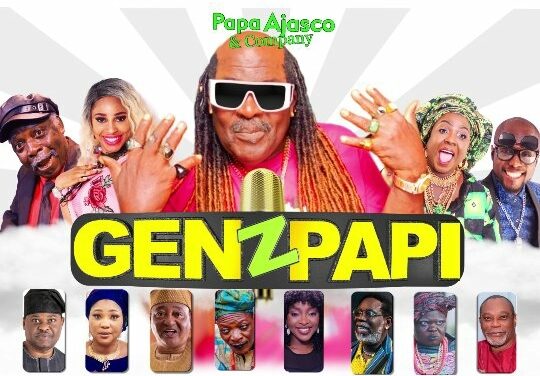
Wale Adenuga has earned many accolades over the years:
• In 2002, at the Nigeria Film Festival, he won five awards: Best Producer, Best Script Writer, Best Director, Best Television Drama, and Best Socially Relevant Television Production.
• In 2009, he was honored as Member of the Order of the Federal Republic (MFR) for his contributions to culture and entertainment.
• His biography’s launch, the continuous relevance of Papa Ajasco now Gen Z Papi, and his institutional footprint continue to earn him respect within media circles and among emerging creatives.
Moreover, his longevity is remarkable. Across decades when media trends shift from print to video, analog to digital, he has stayed relevant, sometimes ahead of the curve.
Lessons from the ‘Pencil’
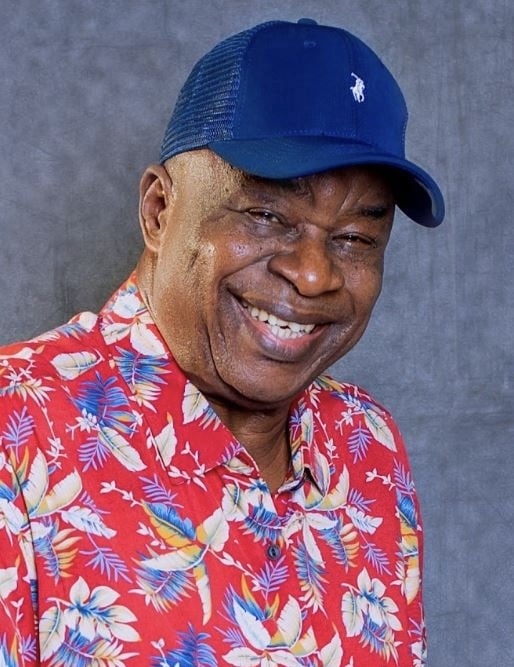
Some remarkable lessons from Wale Adenuga’s life are:
1. Be rooted in authenticity
He did not just chase what’s trendy. His cartoons and dramas reflect real Nigerian lives, the quirks, the values, the contradictions. That gives his work staying power.
2. Embrace adaptation without losing your voice
From magazines to movies to TV to institutions, he evolved, but the core of “story, character, moral tension” remained constant.
3. Institutionalize your legacy
Instead of keeping knowledge to himself, he built schools (Binta, PEFTI) so others could rise. That’s legacy with multiplication.
4. Persevere through storms
His biography is full of betrayals, financial strains, creative roadblocks yet he moves forward. As he once said in an interview: “you need stamina to survive television production in Nigeria.”
5. Balance art and commerce, but don’t be consumed by either
He’s always acknowledged that producing for screens is costly (airtime, production, logistics). He’s also criticized when producers chase money at the expense of story.
6. Stay humble, remember your “pencil”
His metaphor that he is a pencil in the hand of the Creator keeps him grounded. It tells that creativity for him, is a calling, not just a career.
Conclusion: More Than 75 Years — A Legacy in Motion
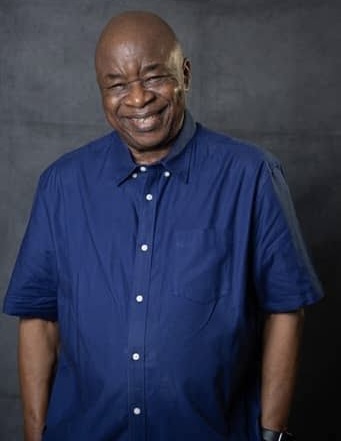
Seventy-five is not just an age. It’s decades of risk, experimentation, laughter, failure, applause, and quiet dedication. Wale Adenuga’s story is not perfect, but it is deeply human, with brushes that have sketched Nigeria’s hopes, flaws, contradictions, and aspirations.
As he marks this milestone, the country owes him gratitude for every smile drawn, every tear shed over a Super Story plot, every young filmmaker trained at PEFTI, every life touched by his legacy.

